Hydrogen water bottles have sparked interest in the health and wellness community, promising potential benefits ranging from increased energy to reduced inflammation. But do these high-tech hydration devices live up to the hype? Let's dive into the science behind hydrogen-infused water and explore what experts have to say.
Key takeaways:
• Hydrogen water contains dissolved molecular hydrogen (H2), a potent antioxidant
• Some studies suggest benefits for exercise recovery, inflammation, and metabolic health
• More research is needed to confirm long-term effects and optimal dosing
• Quality and hydrogen concentration vary widely between products
Best hydrogen water bottle options on the market
With the growing popularity of hydrogen water, numerous brands have entered the market. When choosing a hydrogen water bottle, consider factors like hydrogen concentration, battery life, and ease of use. Some top-rated options include:
- PRODIGY X Hydrogen Water Generator: Known for its high hydrogen concentration and durable design
- H2Pro Molecular Hydrogen Generator: Features a sleek design and user-friendly interface
- HydroGenie Hydrogen Water Bottle: Offers multiple hydrogen infusion settings and a compact size
It's important to note that prices can range from $100 to over $500, so consider your budget and intended use when selecting a device.
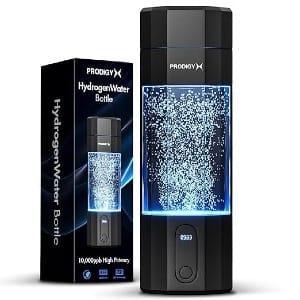
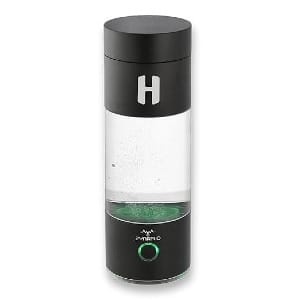
Gary Brecka hydrogen water bottle recommendation
Functional medicine expert Gary Brecka has become a vocal proponent of hydrogen water, particularly the Echo Go+ Hydrogen Water Bottle. In various interviews and social media posts, Brecka has highlighted the potential benefits of hydrogen water for cellular health and athletic performance.
Brecka states, "I've seen remarkable improvements in recovery times and overall energy levels among clients who incorporate hydrogen water into their daily routines."
While Brecka's endorsement has certainly boosted interest in hydrogen water, it's crucial to approach celebrity recommendations with a critical eye and consider the scientific evidence.
Hydrogen water bottles: A closer look at the technology
Hydrogen water bottles use electrolysis to split water molecules (H2O) into hydrogen and oxygen gases. The hydrogen gas is then infused back into the water, creating a hydrogen-rich solution. The process typically takes 3-5 minutes, depending on the device.
Key components of hydrogen water bottles include:
• Electrolysis chamber
• Proton exchange membrane (PEM)
• Titanium electrodes (often platinum-coated)
• Rechargeable battery
The quality of these components can significantly impact the hydrogen concentration and overall effectiveness of the device.
Hydrogen water bottle reviews: What users are saying
Consumer reviews of hydrogen water bottles are mixed, with some users reporting noticeable benefits while others remain skeptical. Common positive feedback includes:
• Improved hydration and taste
• Increased energy levels
• Faster exercise recovery
However, some users report challenges such as:
• Inconsistent hydrogen levels
• Short battery life
• High maintenance requirements
It's worth noting that individual experiences can vary widely, and placebo effects may play a role in perceived benefits.
The science behind hydrogen water: Promising but preliminary
While the hype around hydrogen water is substantial, the scientific evidence is still emerging. Several studies have shown potential benefits, but many are small-scale or animal studies that require further validation.
A 2022 review published in the journal Antioxidants concluded that hydrogen-rich water shows promise for reducing oxidative stress and inflammation, potentially benefiting conditions like metabolic syndrome and neurodegenerative diseases [1].
Another study in the Journal of Sports Medicine and Physical Fitness found that hydrogen-rich water consumption improved exercise-induced decline of muscle function in elite athletes [2].
However, researchers emphasize the need for larger, long-term human studies to confirm these effects and determine optimal dosing.
Dr. Tyler LeBaron, founder of the Molecular Hydrogen Institute, notes, "While the preliminary research is exciting, we must be cautious about overstating the benefits of hydrogen water until we have more robust clinical evidence."
Conclusion: A promising technology with room for growth
Hydrogen water bottles represent an intriguing development in the world of functional beverages. While early research and anecdotal reports suggest potential benefits, more comprehensive studies are needed to fully understand the long-term effects and optimal use of hydrogen-rich water.
For those interested in trying hydrogen water, it's essential to:
• Choose a reputable brand with verified hydrogen concentrations
• Consult with a healthcare professional, especially if you have underlying health conditions
• Maintain realistic expectations and consider hydrogen water as part of a broader healthy lifestyle
As research continues to evolve, hydrogen water bottles may prove to be a valuable tool for optimizing health and performance. However, they should not be viewed as a magic bullet or replacement for foundational health practices like a balanced diet, regular exercise, and quality sleep.
Stay informed
Stay informed about the latest developments in hydrogen water research by subscribing to our newsletter. We'll keep you updated on new studies, expert insights, and product innovations in this exciting field.
References:
- Ohta S. Molecular hydrogen as a novel antioxidant: Overview of the advantages of hydrogen for medical applications. Methods Enzymol. 2015;555:289-317.
- Ostojic SM, Stojanovic MD. Hydrogen-rich water affected blood alkalinity in physically active men. Res Sports Med. 2014;22(1):49-60.
- LeBaron TW, Kura B, Kalocayova B, Tribulova N, Slezak J. A New Approach for the Prevention and Treatment of Cardiovascular Disorders. Molecular Hydrogen Significantly Reduces the Effects of Oxidative Stress. Molecules. 2019;24(11):2076.
Citations:
[1] https://www.webmd.com/diet/hydrogen-water-health-benefits
[2] https://www.calcalistech.com/ctechnews/article/h1oeqpwc6
[3] https://www.synctherapy.ca/benefits-of-hydrogen-water/
[4] https://editoire.com/hydrogen-water-bottle/
[5] https://www.naturalmedicinejournal.com/journal/going-beyond-hype-hydrogen-water
[6] https://www.healthline.com/nutrition/hydrogen-water


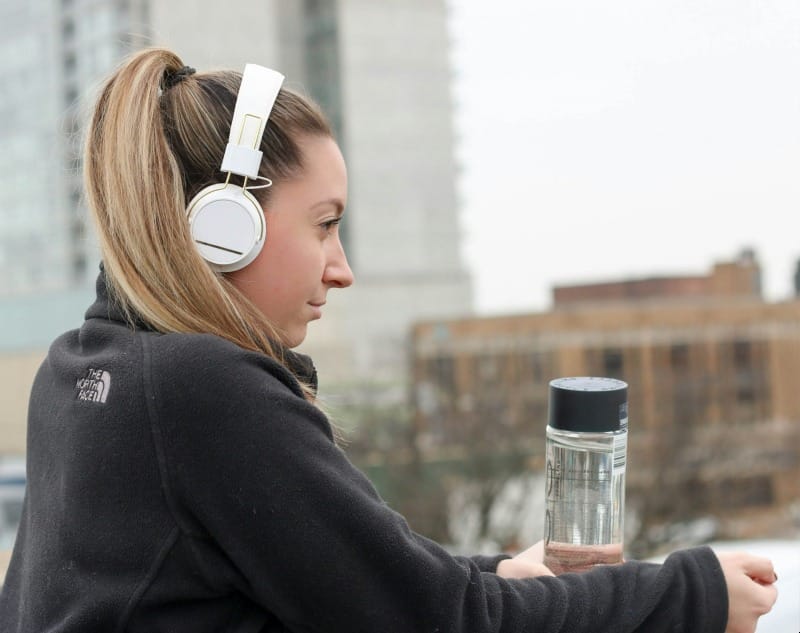
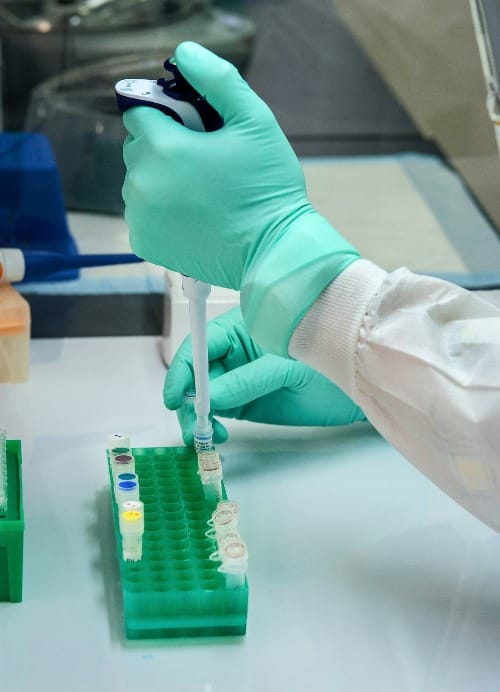


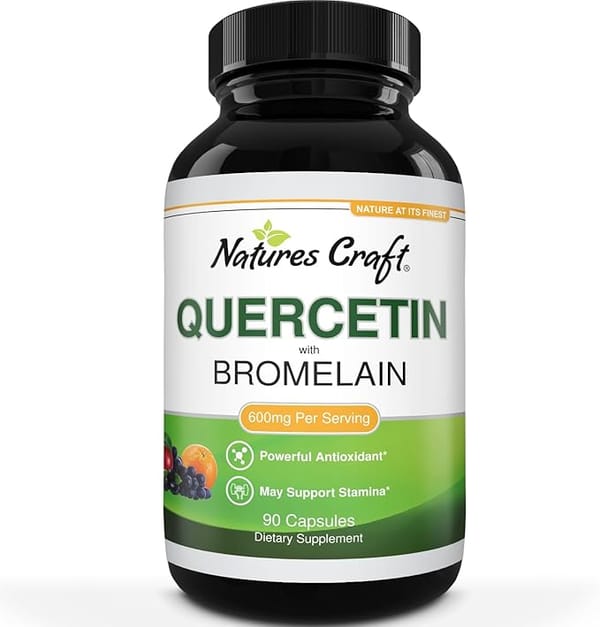

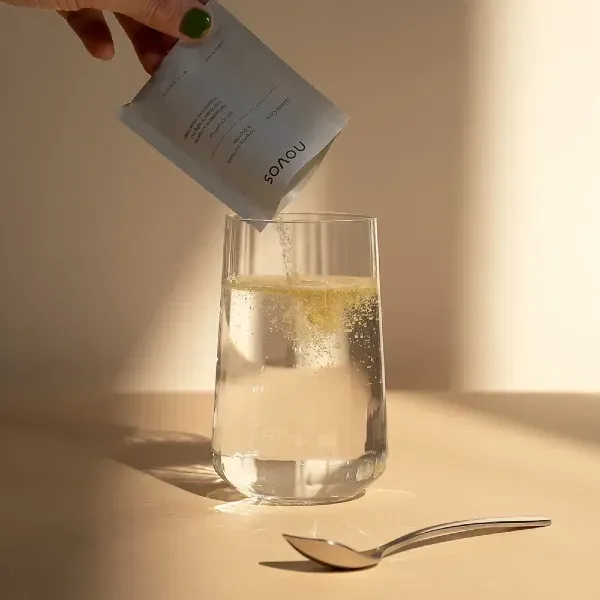



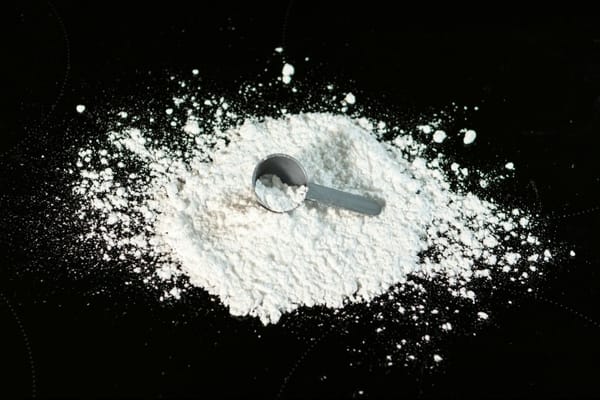

Member discussion